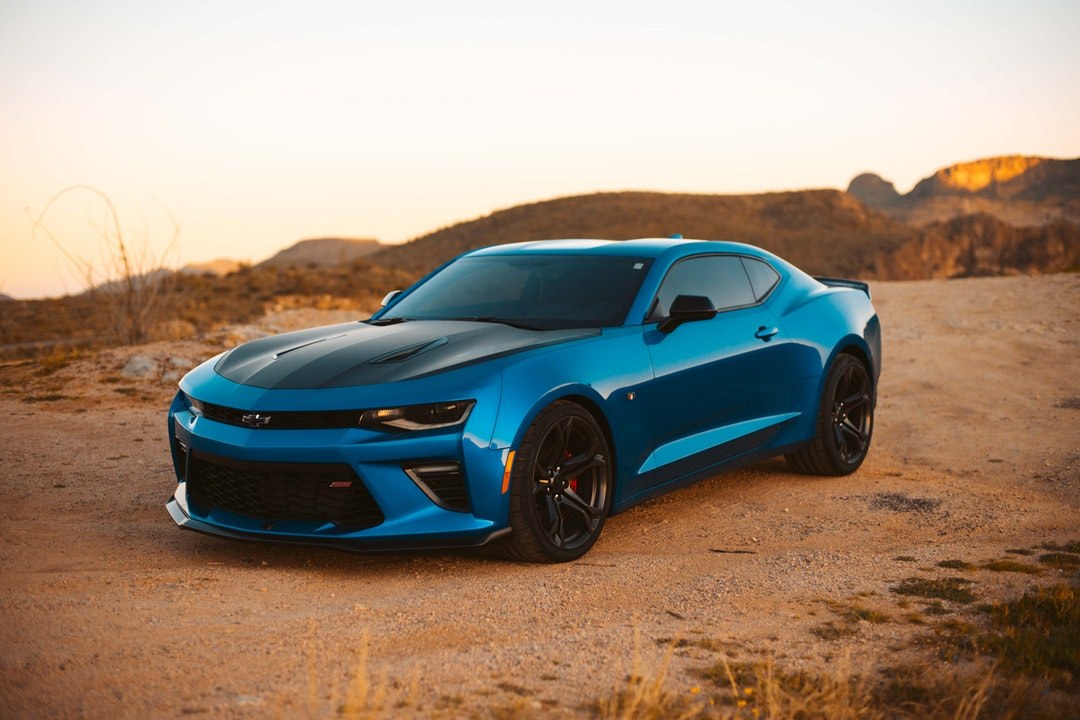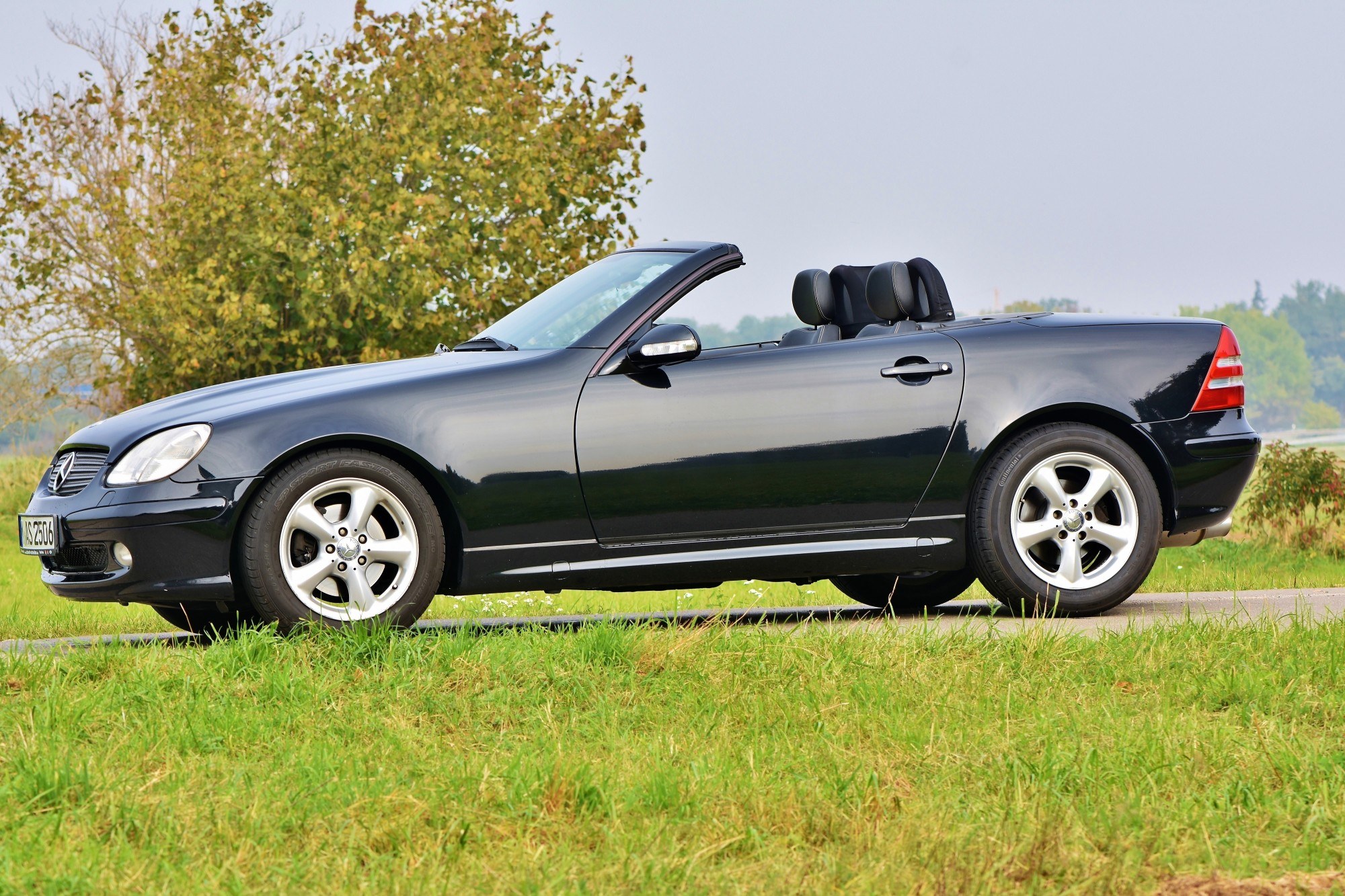A lengthy line of gas-guzzling cars greets you as you pull into the gas station. To your right are electric vehicle (EV) charging stations, where long lines and driver frustration are nonexistent. You instantly wish you had an EV, and you're not the only one.
Research shows that over 70% of drivers in 2020 were somewhat interested in getting EVs, and over 30% said they would definitely buy or consider buying EVs for their next vehicle purchases.
Not all EVs are alike, though, with some having limited ranges. Toyota has a solution with its soon-coming Toyota EV 900-mile range option. Let's explore why you must get your hands on this new EV.
The Future of Toyota's EV Technology
Toyota is striving to make breakthrough changes in the EV battery manufacturing industry. Their efforts are expected to make a solid-state battery easier to build than a lithium-ion battery.
A solid-state battery is a rechargeable battery that allows ions (molecules or atoms that have lost or gained electrons) to flow between negative and positive electrodes using a solid material. Electrodes are devices that conduct electricity, or let an electric charge flow through them.
The solid material used in solid-state batteries may be glass or ceramic. Lithium-ion batteries are also rechargeable but use a liquid instead of solid material. This liquid may be a compound like ethylene carbonate.
Solid-state batteries offer many benefits over lithium-ion ones. They have a longer life and are less flammable. Another advantage of solid-state batteries is that they can charge more quickly.
Toyota's Japanese engineers intend to introduce an EV model using solid-state batteries that will extend drivers' cruising ranges by 20% by 2025. They plan to offer a higher-performing version with a 900-mile-plus range (a 50% increase) by 2028.
The company's solid-state battery innovations will help them compete with fellow automakers developing these batteries. Competing automakers include Honda, Ford, Nissan, and BMW.
Toyota EV 900-Mile Range Option
A major benefit of Toyota's new 900-mile range EV is the vehicle's higher energy density compared with current batteries. Energy density refers to how much energy you can store in a space. The new EV's energy density is expected to be 1,000 watt-hours/liter, or Wh/L.
Toyota's energy density increase should boost the EV's range to over 620 miles by 2026 and 900 miles by 2028 as mentioned earlier. That's twice the density of current lithium-ion batteries, which is only 400 Wh/L.
Toyota also plans to introduce a bipolar lithium-ion phosphate battery in 2028 or 2027. This nickel-based battery is expected to provide a 10% greater range than the 620-mile range mentioned above while costing 10% less.
Why the Energy Density Matters
Boosting the EV battery's energy density has multiple benefits. These include increasing your cruising range without making the battery heavier or larger.
A higher energy density will make Toyota's EV more practical for traveling long distances (e.g., hundreds of miles). It will also make the EV more efficient.
Another benefit of Toyota's higher-energy-density battery is that it will reduce the need to frequently charge your vehicle. You'll save time and money with fewer charges.
You also won't need to be close to a charging station as often. This is a major advantage for drivers living in areas with scarce charging stations.
Yet another reason to choose 900-mile batteries is that their higher energy density can improve vehicles' power and performance. That's because these batteries can deliver greater voltage and current. The result is enhanced acceleration, handling, and speed.
Consumers may also appreciate Toyota's higher-energy-density batteries because they will lower EV costs. Less material will be needed to produce a powerful vehicle, making an EV's price competitive with a gas vehicle's.
The Energy Density Takeaway
Increasing the battery's energy density is an astounding feat that may revolutionize today's EV industry. This may make EVs more accessible and attractive to consumers.
Increased energy density could lead to a longer cruising range than you could experience with a gas-powered vehicle. Cross-country trips may become easier with this EV, decreasing range anxiety for drivers.
Reduced Weight
Another reason to choose Toyota's new 900-mile-range EV is that the car's battery won't be as heavy as existing ones. Reducing the weight will contribute to your EV's improved range since you won't need as much energy to move your car.
Toyota's new EV battery will weigh 660 pounds. That's 50% of a lithium-ion battery's weight.
Why the Reduced Weight Matters
The new EV's weight reduction offers several advantages. A lower weight reduces your battery's consumption, extending its life.
Toyota's lower-weight EV batteries will also improve their vehicles' efficiency and performance. That's because lighter cars can brake more easily and accelerate faster, further extending your battery's life. It will enhance your vehicle's safety and driving experience, too, since braking and accelerating should be seamless.
Eco-conscious drivers will appreciate the reduced battery weight since it will lower their vehicles' environmental impact. Lighter cars produce fewer greenhouse pollutants and gases. It's an excellent way to fight climate change by reducing your carbon footprint.
Better Aerodynamics
Enhanced car aerodynamics developed using rocket science is another benefit of Toyota's new 900-mile range EV. Vehicle aerodynamics refers to the way air flows through and around a car. This affects its ability to move safely, quickly, and efficiently.
Improved aerodynamics are critical since they can drastically increase a vehicle's efficiency and range. More aerodynamic cars don't face as much air resistance.
This means it doesn't need as much energy to overcome the air. Your car will travel farther and faster without requiring more battery power. Even a 10% increase in a car's aerodynamic performance can increase an EV's range by a few percentage points.
Drag Coefficient
Toyota's new car should have a much lower drag coefficient than most current cars. This coefficient measures an object's air resistance level.
The Toyota 900-mile-range battery's drag coefficient is expected to be less than 0.20. Most cars have coefficients of 0.30. Your new Toyota EV will have a streamlined design and shape, including the following features:
- Minimal openings
- Low-level ground clearance
- Tapered edges
- Smooth surfaces
These features should help the car cut through the wind more easily. It will help reduce the pressure drag and turbulence that slow cars down.
Improved aerodynamics will make Toyota's new EV more appropriate for long-distance trips and eliminate the need to frequently charge your vehicle. Consumers worried about charging availability and range capabilities will appreciate this benefit.
You'll also appreciate the EV's enhanced aerodynamics is going "green" is a priority for you. More aerodynamic cars produce fewer pollutants and greenhouse gases per mile.
Rapid Charging Time
Yet another reason to buy a new Toyota EV is its more rapid charging time. Toyota's new battery will provide a 10-minute-or-less charging time for a charge of 10% to 80%.
This will help increase the EV's range to 900 miles. It will also make charging an EV comparable to putting gas in a traditional car time-wise. The quick charging time will save you money and time, making Toyota's EV more accessible and convenient.
Benefits of a Fast EV Battery Charging Time
Some Americans have yet to purchase EVs because they're worried about losing their battery charge and struggling to find a charging station. A quick charging time may help alleviate this concern, making an EV more practical and appealing.
Charging Station Efficiency
The faster charging time may increase charging stations' efficiency and availability. That's because more cars could be charged in less time. It may lower the demand for and cost of today's charging infrastructure.
This might make EVs easier to adopt in many areas of the US. You may also notice shorter lines and less congestion at EV charging stations, leading to less frustration.
Improved Battery Quality
A quick EV battery charging time may extend your battery's performance and life. Fast charging decreases the damage and degradation of battery cells.
This may improve your battery's and vehicle's durability and reliability, leading to lower car replacement and maintenance costs. It might also enhance EV's environmental effects by reducing battery waste.
A faster battery charging time may make Toyota's EV more attractive to and competitive among consumers. This is especially true for drivers seeking sustainability, convenience, and affordability.
Greater Performance
The higher performance level of Toyota's new EV battery is another reason why the battery's range is expected to be 900 miles. The battery would offer a broader cruising range than other EVs.
A long-range electric car in 2023 is the Lucid Motors Air Dream car. The Environmental Protection Agency estimated the car's range as 520 miles.
Toyota's new EV may have almost two times this range. This makes the new Toyota EV battery more appealing for drivers who need to travel far and don't want to worry about constantly charging their vehicles.
Safety
A major benefit of Toyota's new EV battery is how safe it is. The battery may improve safety and decrease fire risk.
That's because a solid-state battery is less flammable than the lithium-ion battery in current electric cars. This may make EVs more durable and reliable.
Why Safety Matters
Toyota's new EV battery will prevent a phenomenon called thermal runaway. This is where a battery overheats because of external damage or short circuit problems, which might cause the battery to catch fire.
An EV battery fire can lead to serious injuries, fatalities, and property damage. The new Toyota battery's solid material is heat-resistant and more stable than the lithium-ion battery's liquid material. Your risk of experiencing a battery fire due to thermal runaway will be lower.
Longevity
A solid-state battery is less likely to rust and degrade than a lithium-ion battery. This will increase your Toyota EV battery's performance and lifespan by making the battery more durable and efficient.
The new battery should last for over a decade. That's several years longer than your average lithium-ion battery, which lasts between five and seven years. It will make buying a Toyota EV more eco-friendly and economical.
Toyota's new EV battery may increase its customer base by making EVs more popular and mainstream. Reliability and safety are two top concerns among potential EV drivers. Providing a battery that squelches these concerns will likely help Toyota build trust with consumers and enhance their loyalty and satisfaction long-term.
Shipping Your New EV
Suppose you want to buy an electric car but it's hundreds of miles away. You may be tempted to take a rental car or plane to pick up your new ride. Hiring a vehicle transport company may be a wiser option.
An auto transport service provider can pick up your vehicle for you and bring it to your home. This will save you time, money, and hassle. You won't have to worry about transportation or accommodation costs, and you won't need to miss work to complete the pickup.
Cost of Auto Shipping
The cost to ship your new EV to your home will depend on several factors. These include your car's size, as a sedan costs less to ship than a sport utility vehicle or truck. Another factor is your car's model and make.
Your choice of carrier is yet another important factor to consider. An open carrier lacks a roof or sides. An enclosed carrier has a roof and sides.
Open carriers are more cost-effective and sufficient for most vehicles. Enclosed carriers cost more since they offer more protection from road debris and the elements. They are ideal for transporting rare or classic cars.
You'll also need to factor in your transport distance. Shipping an electric car several hundred miles away may cost $600 on an open carrier or $900 on an enclosed carrier.
Transporting an EV 500 to 2,500 miles away might cost over $1,100 on an open carrier and over $1,500 on an enclosed one. The price may be over $1,300 for an open carrier and over $1,800 for an enclosed carrier if you're transporting a car 2,500 miles away.
How We Can Help With EV Auto Transport
The Toyota EV 900-mile range battery option offers numerous benefits. Their new EV battery features greater energy density, reducing the need to frequently charge your car. Your new Toyota EV's battery will also be lighter than current batteries, improving your range.
Enhanced car aerodynamics is another benefit of the company's new EV battery. This technology may help your vehicle move more quickly and efficiently. Other Toyota EV battery benefits include a rapid charging time.
Nexus Auto Transport can help you ship a new EV to your home. Request a quote and receive a $50 discount today!



